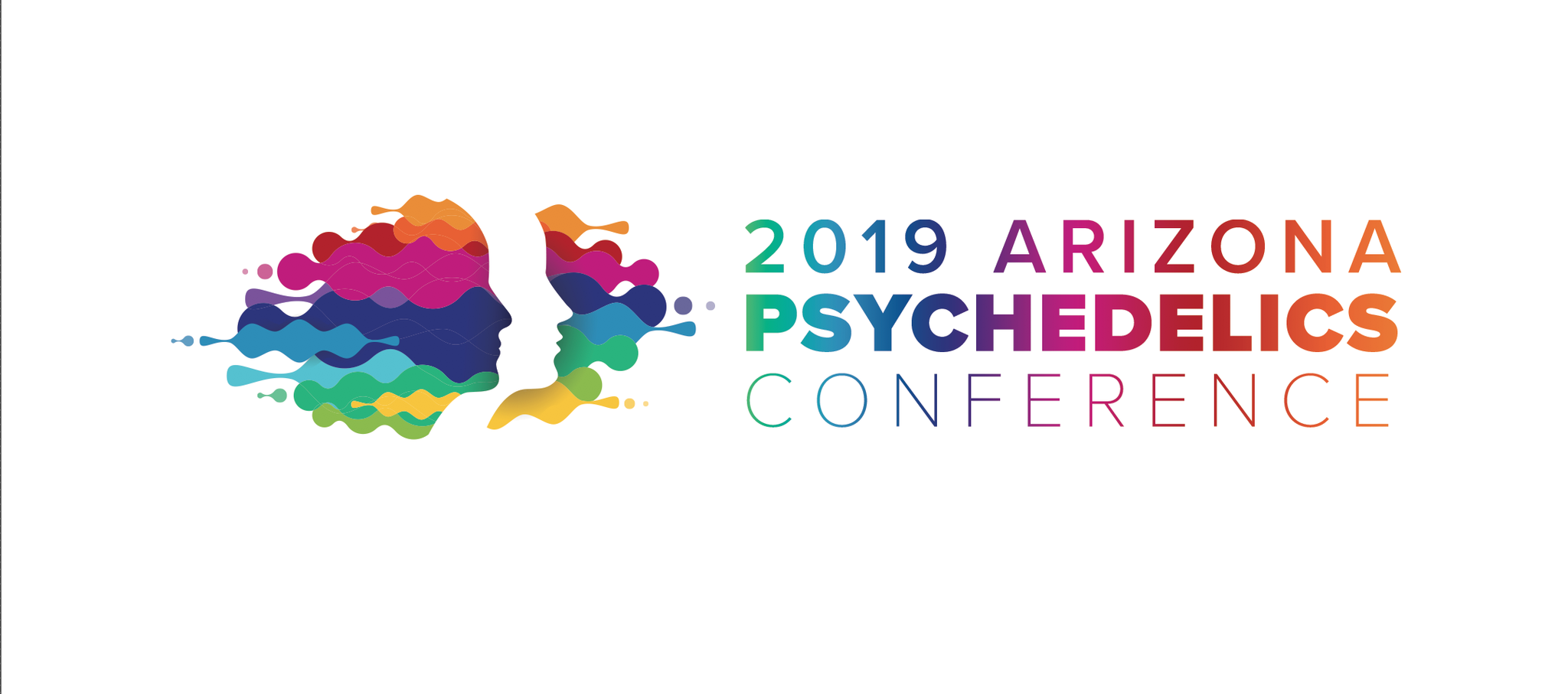- Psychedelics and Attachment: Fundamentals, Implications, and New Frontiers - May 16, 2025
- Development Outreach Internship (OPEN) - May 6, 2025
- Social Media and Content Production Internship (OPEN) - May 6, 2025
PRESS RELEASE
“Arizona Psychedelics – First Annual Conference to be held in February 2019”
A recent Phase II clinical trial evaluated MDMA-assisted psychotherapy as a treatment for chronic PTSD. After 2-3 treatment sessions, 76 percent of subjects no longer met the standard clinical criteria for PTSD 12 months after receiving the treatment. These findings, along with several other Phase II trials that showed outstanding results, helped convince the FDA to designate MDMA as a Breakthrough Therapy for PTSD. Some clinicians will be able to use MDMA in their treatments under Expanded Access, sometimes referred to as “compassionate use,” as early as 2019.
In a randomized controlled trial at Johns Hopkins, 51 people who had emotional distress associated with a life threatening cancer diagnosis received treatments with psilocybin, the psychoactive ingredient in “magic mushrooms.” After just one active treatment session, 92% of participants saw at least a 50% reduction in their depressive symptoms. Due to these and other impressive clinical trials, psilocybin has now been designated a Breakthrough Therapy for major depression.
This new wave of research is showing that psychedelics not only may be more effective than current treatments for various mental health conditions, but represent a major paradigm shift: rather than taking medication for the rest of their lives, people experiencing debilitating mental health conditions are finding relief with a few medically-supervised psychedelic treatment sessions.
With both MDMA and psilocybin soon to be available for medicinal use, we are about to see huge changes in available treatment options for mental health conditions.
But it’s not just psychedelic research that is making significant headway: the cultural perception of these substances is quickly shifting as well. Well known advocates of psychedelic medicine include author Michael Pollan, Dr. Andrew Weil, and Joe Rogan. In Michael Pollan’s new book How to Change Your Mind: What the New Science of Psychedelics Teaches Us About Consciousness, Dying, Addiction, Depression, and Transcendence he details his own journey from skepticism to awe at the transformative potential of these medicines. As cannabis continues to become increasingly more accepted, it seems that psychedelics will soon follow suit.
With all this change underway, a local group of medical students is bringing the conversation on psychedelics to their community in Arizona.
The Arizona Psychedelics Conference will be held February 8-10 at the Southwest College of Naturopathic Medicine (SCNM) in Tempe AZ. The 3-day conference features 40 speakers, including Sue Sisley, Joe Tafur, Bia Labate, Albert Garcia-Romeu, and Paul Saunders, just to name a few. This diverse speaker lineup includes doctors, anthropologists, addiction therapists, indigenous healers, researchers, herbalists, sound healers, and veterans seeking acceptance of these medicines to facilitate healing for PTSD. With four panel discussions, three workshops, and three cooking demos, this conference provides the opportunity to learn extensively about the frontier in medicine which promises to revolutionize healthcare. Topics explored in this conference include potential therapeutic benefits and risks of psilocybin, MDMA, cannabis, ayahuasca, ibogaine, 5-meo-DMT, kambo, peyote, ketamine, San Pedro, and other plant medicines.
CE and CME credit are available for selected health professionals. There will also be a networking social on Saturday evening to connect with like-minded individuals outside of the conference.
For more information and ticket registration, visit www.arizonapsychedelics.com. To keep up with everything Arizona Psychedelics, follow the brand on Instagram and Twitter @AZPsychedelics.
For media and event enquiries email: [email protected]
About the organizers
Entheogenic Research Awareness (ERA) is a student organization at Southwest College of Naturopathic Medicine (SCNM) dedicated to educating healthcare professionals and the general public about entheogens and their potential role in medicine by integrating knowledge of traditional uses and current research on these substances. ERA’s vision is a new paradigm of healthcare which honors indigenous knowledge of psychoactive substances and their derivatives while upholding the highest standards of evidence-based medicine.
To stay up to date with ERA’s events, like them on Facebook @ERA.SCNM
Take a minute to browse our stock:
Did you enjoy reading this article?
Please support Chacruna's work by donating to us. We are an independent organization and we offer free education and advocacy for psychedelic plant medicines. We are a team of dedicated volunteers!
Can you help Chacruna advance cultural understanding around these substances?









